Career Spotlight! Food Waste Connoisseur
We interviewed Ryan Brewster, General Manager of Food & Beverage at the Kimpton Hotel Palomar in Washington DC to learn more about food waste technologies.
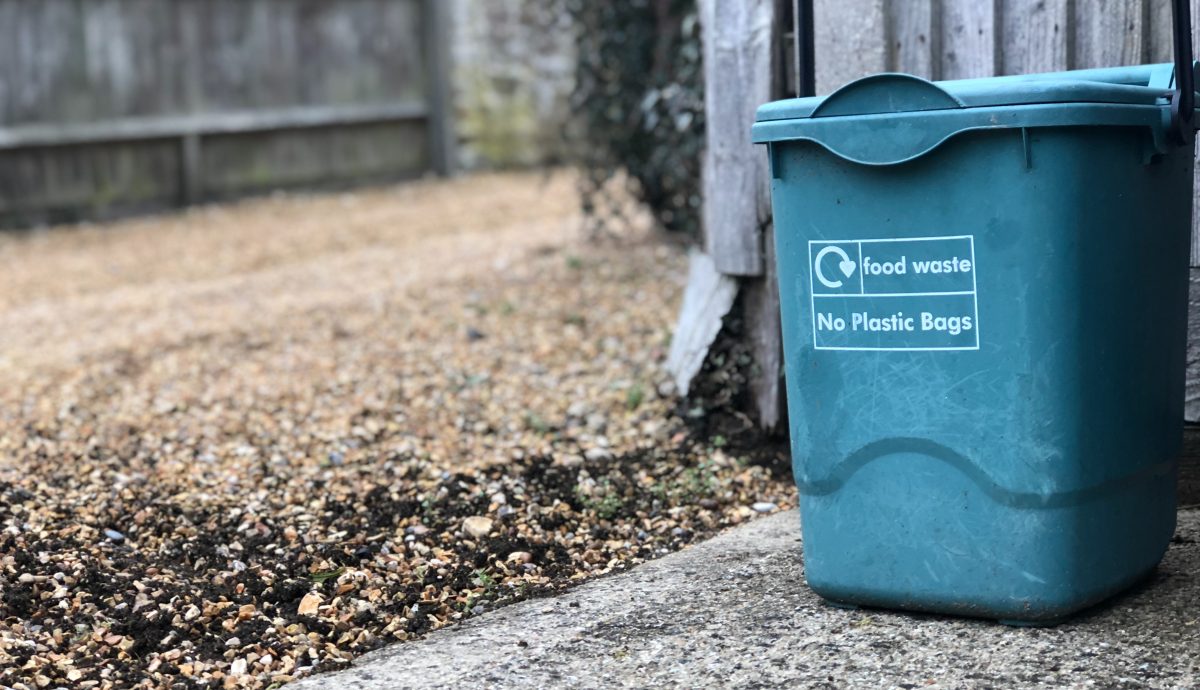
We interviewed Ryan Brewster, General Manager of Food & Beverage at the Kimpton Hotel Palomar in Washington, DC, to learn more about food waste technologies.

They use BioHiTech Global's food waste technologies to dispose of their hotel and restaurant's daily waste.
BioHiTech Global uses technology services to reduce the environmental impact of waste.
The products used by BioHiTech primarily include food waste digesters, data analytics tools and other disposal services that process solid waste for a number of customers including large Fortune 100 companies, grocery chains and even the Federal Government.
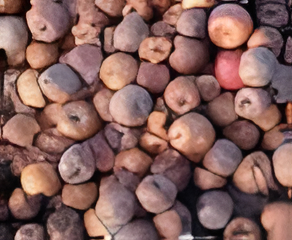
Why is finding a new solution to food waste important?
Kimpton as a whole is always looking to be on the forefront of green initiatives, here at the Palomar we take it a few steps further. Since 2016 we have expanded our rooftop garden space from 200 sqft to 1600 sqft. Finding other ways to contribute to our sustainability goal was something we were looking at in 2017 when we found BioHiTech. While the eco-friendly side of the compost machine was the reason we started the discussion, we also found that this was a cost saving measure; we no longer purchase compost bags or employ a compost hauling service which further lowers our cost and carbon footprint.
How can families/students help with food waste?
There are a lot of things that we do in the restaurant that would work at home. We try to run our entire operation with as minimal waste as possible, this especially comes into play in the kitchen. We have menu options for different meals that cross utilize ingredients. We also do a lot of work from scratch and make sure we are using all scraps for stocks— saving your veggie scraps for stock in your freezer is a easy trick. The BioHiTech compost machine is mainly used for food waste from guests who don’t take food to go. Families and students can focus on using what’s in their kitchen and pantry before buying more products. I think we have a habit of buying in bulk and when you do that with food it usually leads to waste.You'd be surprised what kind of new recipes you can make with what you already have in your fridge!
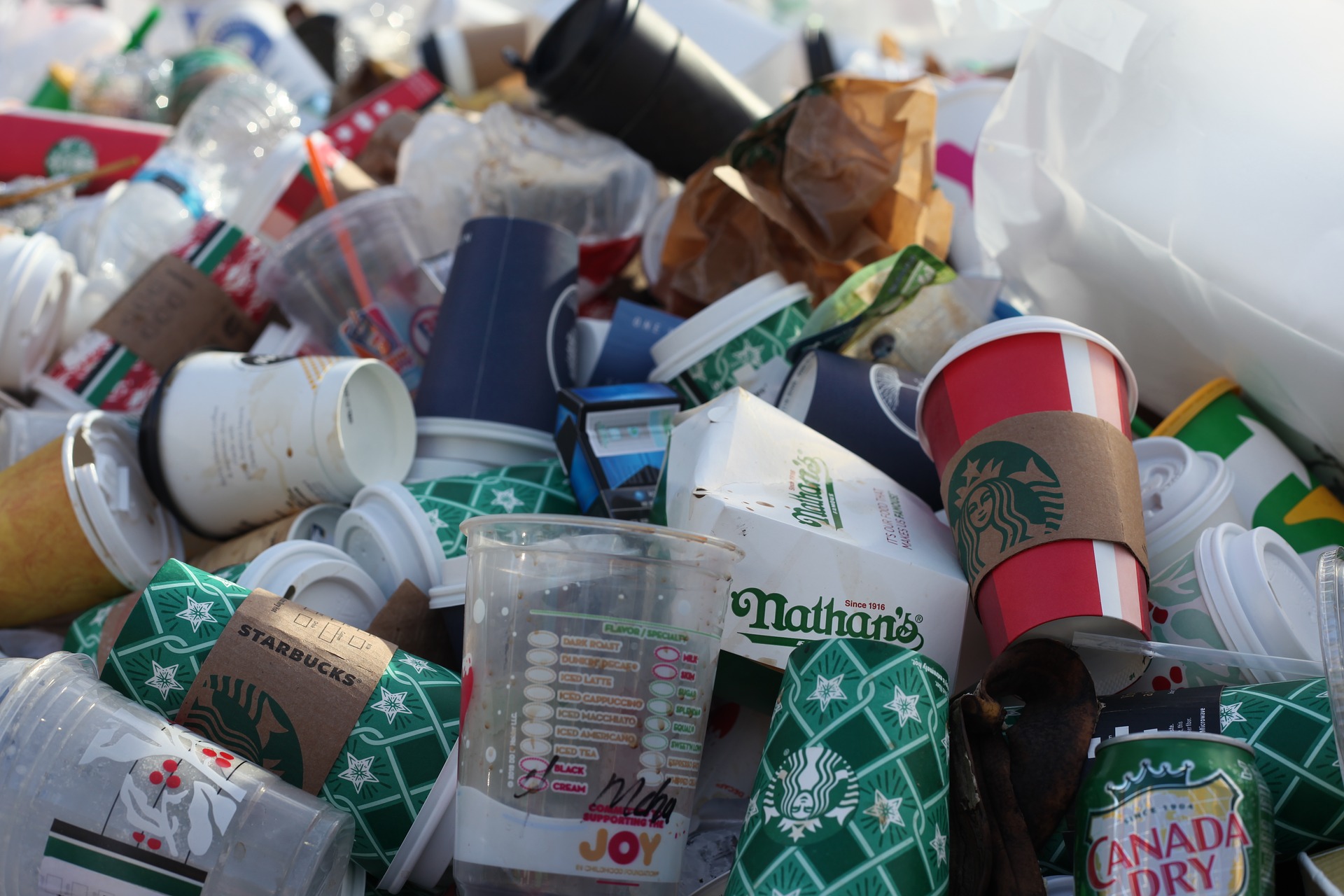
Are there many common misconceptions about this type of food waste technology?
That you can throw anything in it. It’s really like a big stomach; if you can’t eat it, neither can the machine.
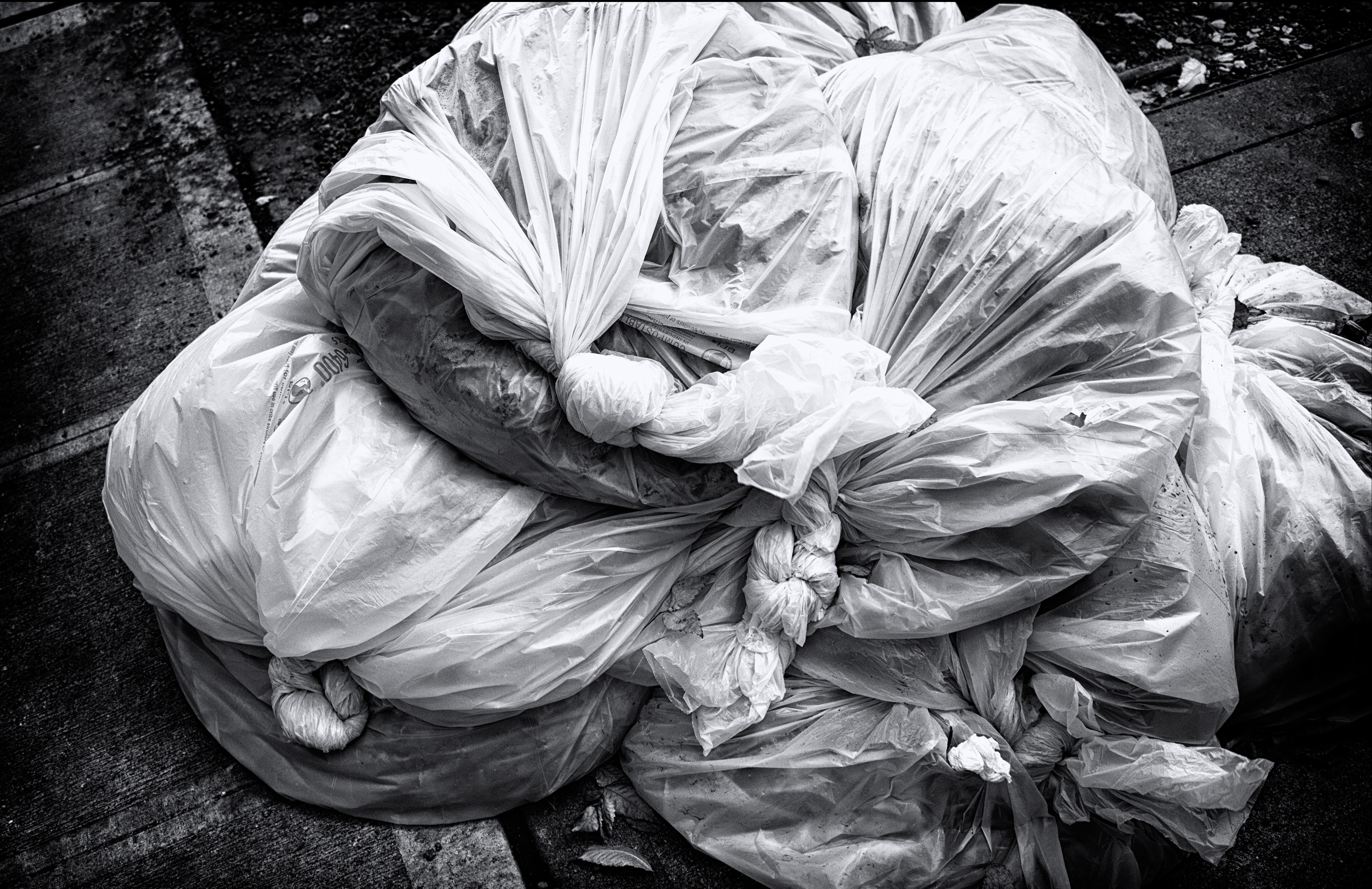
Why should students learn about food waste technology?
I think as people in the world become more conscious about the environment, learning and figuring out ways to do our part [in helping the environment] with the convenience of technology will go a long way. I don’t think having this big machine would be too chic in a home kitchen, but I can see this technology getting small enough to be a household item.
When you were younger, and someone asked, “What do you want to be when you grow up?”, what did you say? And would younger you be happy with where you ended up?
I think I said I wanted to be a lawyer to take after my mom. I ended up in restaurants/food service just like my dad, and I couldn’t be happier.
Want to learn more? Check out our Food Waste Ag Mag here.



